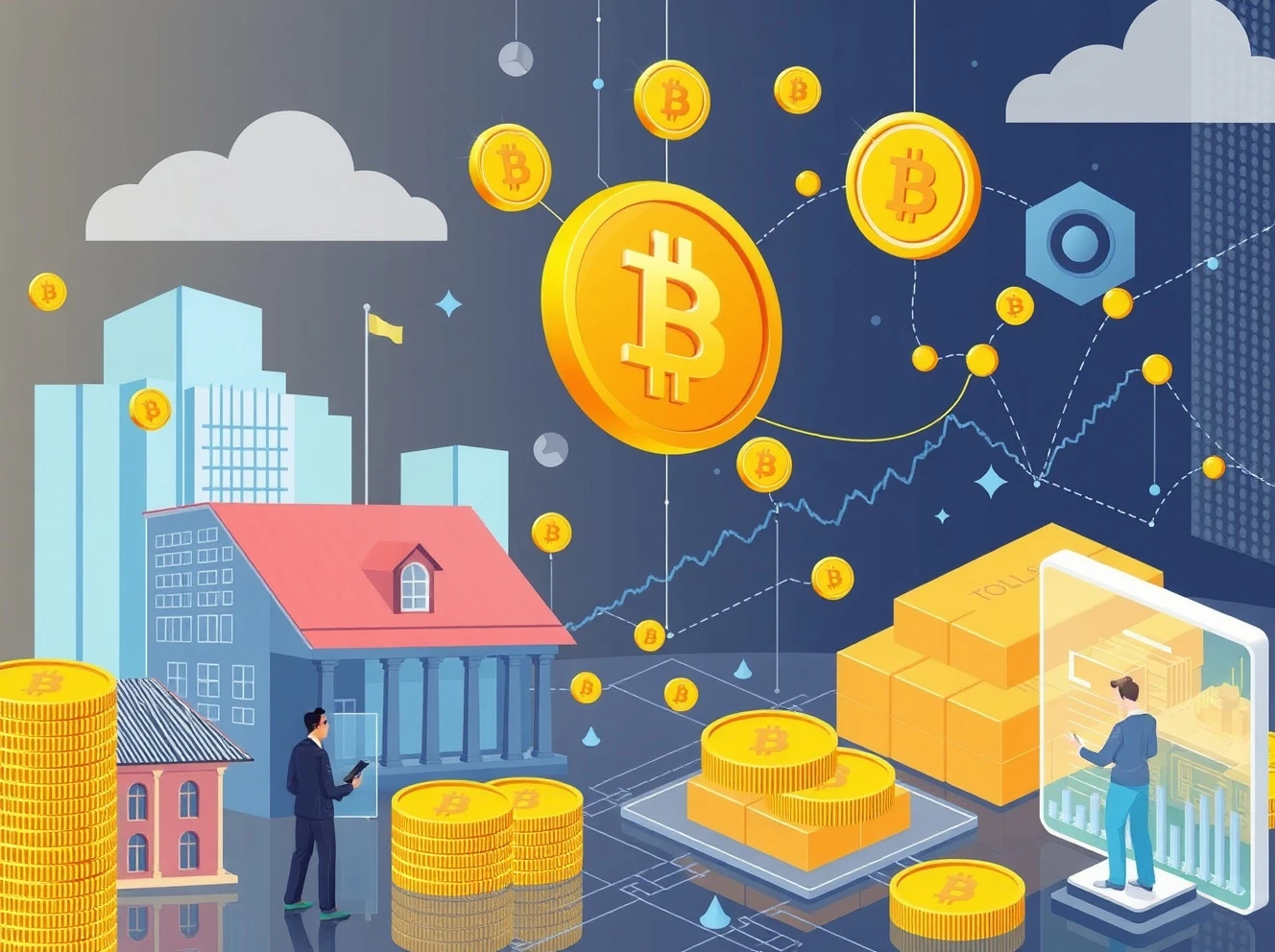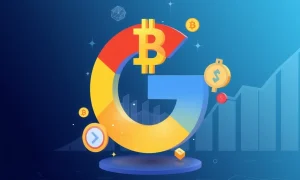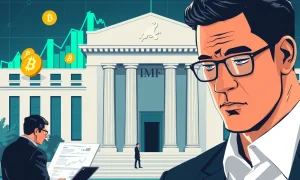Real World Asset (RWA) tokenization represents the most significant financial innovation of our decade, fundamentally reshaping how investors access traditional markets. This groundbreaking technology bridges decentralized finance with tangible assets, creating unprecedented opportunities for both individual and institutional investors worldwide.
Understanding RWA Tokenization Fundamentals
RWA tokenization converts physical assets into digital tokens on blockchain networks. This process transforms traditionally illiquid investments into divisible, tradable digital assets. Consequently, investors gain access to markets previously reserved for large institutions.
The market capitalization for tokenized real world assets has surged beyond $18 billion, demonstrating massive growth potential. Furthermore, regulatory advancements and technological improvements continue driving adoption across global markets.
Key Drivers Accelerating RWA Adoption
Several factors propel RWA tokenization growth in 2025. Regulatory clarity through initiatives like MiCA in Europe provides stable frameworks. Additionally, fractional ownership capabilities democratize investment access significantly.
Interoperability solutions and digital identity verification enhance security and transparency. Meanwhile, liquidity solutions address traditional market limitations effectively. These developments collectively create optimal conditions for sector expansion.
Practical Applications for Individual Investors
Real estate tokenization enables investment from as little as $50. Platforms like RealT allow fractional ownership of income-producing properties. Investors receive weekly rental income in cryptocurrencies while enjoying liquid secondary markets.
Precious metals tokenization eliminates storage concerns completely. Each digital token represents specific quantities of physical gold or silver. Similarly, artwork tokenization enables co-ownership of prestigious assets affordably.
Institutional Opportunities Through RWA Tokenization
Portfolio diversification benefits attract institutional players substantially. RWAs offer low correlation with traditional cryptocurrency markets. This characteristic provides effective risk management solutions for large portfolios.
Operational efficiency improvements reduce intermediary requirements dramatically. Smart contracts automate revenue distribution and rights management seamlessly. Consequently, transaction costs decrease while settlement speeds increase remarkably.
Transforming Various Industry Sectors
Private credit markets benefit significantly from tokenization approaches. Companies issue tokenized bonds for flexible, transparent financing solutions. This innovation opens new capital access channels for businesses globally.
Agricultural and natural resource sectors leverage tokenization effectively. Farms, mines, and forests become accessible investment opportunities. Investors gain direct exposure to commodity markets and generated income streams.
Addressing Challenges and Risk Considerations
Governance token volatility remains a concern for investors. Underlying asset performance often differs from associated token values. Therefore, thorough due diligence becomes absolutely essential.
Regulatory uncertainty persists despite framework improvements. Investors must monitor jurisdictional changes continuously. Additionally, traditional asset risks like depreciation and default still apply.
Emerging Technologies and Future Outlook
Next-generation infrastructures enhance RWA tokenization capabilities substantially. Layer 3 rollups and zero-knowledge proofs improve speed and privacy. Reserve proofs ensure asset backing transparency effectively.
Cross-chain interoperability unlocks global trading opportunities seamlessly. DeFi liquidity pools facilitate efficient asset transfers between blockchains. These technical advancements promise improved user experiences.
Getting Started with RWA Investments
Education forms the foundation of successful RWA investing. Understand tokenization mechanisms and associated risks thoroughly. Then select established platforms with proven track records carefully.
Diversification across asset types mitigates risk exposure significantly. Regular regulatory monitoring ensures compliance with evolving requirements. Always verify underlying asset transparency before committing funds.
The Future of Hybrid Finance
RWA tokenization redefines traditional finance fundamentally by unlocking liquidity and improving transparency. This convergence between traditional and decentralized finance creates hybrid financial ecosystems.
Boston Consulting Group projects massive tokenization adoption by 2030. Asset management will transform completely through blockchain integration. Early adopters position themselves advantageously for future market developments.
Frequently Asked Questions
What exactly is RWA tokenization?
RWA tokenization converts physical assets like real estate, commodities, or bonds into digital tokens on blockchain networks. This process enables fractional ownership and 24/7 trading of traditionally illiquid assets.
How does RWA tokenization benefit small investors?
It democratizes access to high-value assets through fractional ownership. Investors can participate with small amounts while enjoying liquidity and regular income distributions from underlying assets.
What risks are associated with RWA investments?
Risks include governance token volatility, regulatory changes, and traditional asset risks like depreciation or default. Proper due diligence and diversification help mitigate these concerns effectively.
How do I verify underlying asset backing?
Reputable platforms provide transparent reserve proofs and independent audits. Always verify third-party validations and check insurance coverage before investing in any RWA tokenization project.
Can I lose money with RWA tokenization?
Yes, like any investment, RWA tokens carry risk factors. Underlying asset performance, market conditions, and regulatory changes can all affect investment returns negatively.
What’s the minimum investment required?
Minimum investments vary by platform and asset type. Some real estate tokenization platforms allow investments from $50, while other assets might require higher minimum commitments.








